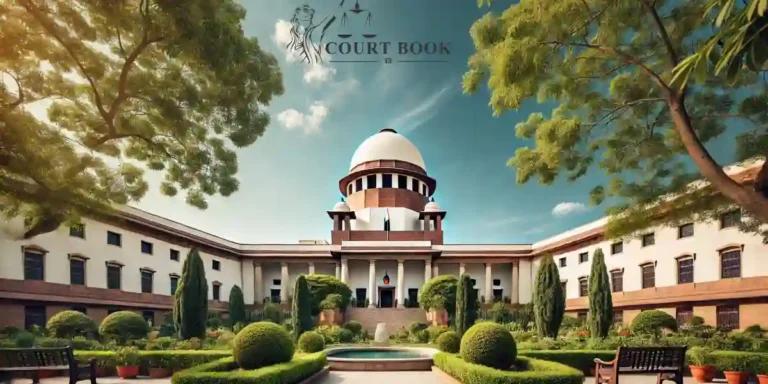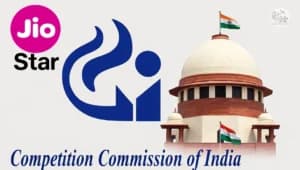The Supreme Court has sought clarity from the Madhya Pradesh authorities regarding the safe disposal of chemical waste from the Bhopal Gas Tragedy site at Pithampur, Indore. The Court emphasized that unless substantial evidence suggests a genuine risk, it would not intervene in the process.
During a hearing, a bench comprising Justices BR Gavai and AG Masih directed the authorities to present material proving that all necessary precautions have been taken to prevent harm to the public. The case was mentioned in response to a petition challenging the Madhya Pradesh High Court’s directive for the transportation and disposal of 337 metric tonnes of hazardous chemical waste from the Bhopal Gas Tragedy site to Pithampur.
The Court remarked:
"He (the petitioner) says it is going to cause hazards to the citizens... we are not going to stop it unless the apprehension is found to be well-founded. You go through the petition and find out if the concern shown by them is with or without substance. And if there is some substance, as to what steps you are taking..."
The petitioner raised concerns about potential health risks associated with the incineration of hazardous waste, particularly due to the proximity of residential areas near the Pithampur disposal site.
Background of the Case
The Madhya Pradesh High Court’s directive originated from a 2004 Public Interest Litigation (PIL) filed to challenge the inaction of both the Central and State Governments in cleaning up the toxic waste surrounding the now-defunct Union Carbide Factory.
On December 3, 2024, the Jabalpur Bench of the Madhya Pradesh High Court termed the continued presence of toxic waste a "sorry state of affairs" and directed authorities to ensure the immediate removal of hazardous materials from the site. The court noted that despite the passage of 40 years since the Bhopal Gas Tragedy, the waste remained untreated, posing serious environmental and health risks.
Subsequently, on January 6, 2025, the High Court further instructed media outlets not to spread misinformation regarding the disposal of Union Carbide waste at Pithampur. These orders were then challenged in the Supreme Court by the petitioner, Chinmay Mishra.
On February 17, the Supreme Court issued a notice to the State Government after hearing arguments from Senior Advocate Devdatt Kamat, representing the petitioner. The petitioner contended that the High Court had issued its directive without a proper advisory regarding the safety of the waste disposal process.
Read Also:- Madhya Pradesh High Court Directs Phased Disposal of Union Carbide Toxic Waste at Pithampur
Kamat pointed to the State’s own affidavit, which highlighted that the Pithampur facility is surrounded by human settlements. Specifically, Tarapura village, home to 105 households, lies just 250 meters from the disposal site. The petitioner argued that the residents should be relocated before any waste disposal begins.
Additionally, the Pithampur site is situated near the Gambhir River, raising concerns about potential contamination. Any leakage or environmental hazard could have catastrophic consequences for public health and the ecosystem.
Justice Gavai stated:
"Suppose something happens on 27th itself... it should not be a fait accompli... or you satisfy us on 27th itself and tell us that you have taken all the precautions and nothing is likely to happen. If you satisfy us that you have taken ample care and there is no danger, we won’t come in the way. You have to come with some material in support of that."
The Supreme Court has scheduled the matter for hearing as the first item on February 27. It has directed the State authorities to file a response and clarify whether proper safeguards are in place.
The Court also observed that the Madhya Pradesh High Court should have exercised restraint before issuing its February 18 order, given that the Supreme Court was already seized of the matter.
Case Title: CHINMAY MISHRA Versus UNION OF INDIA AND ORS., Diary No. 3661-2025














